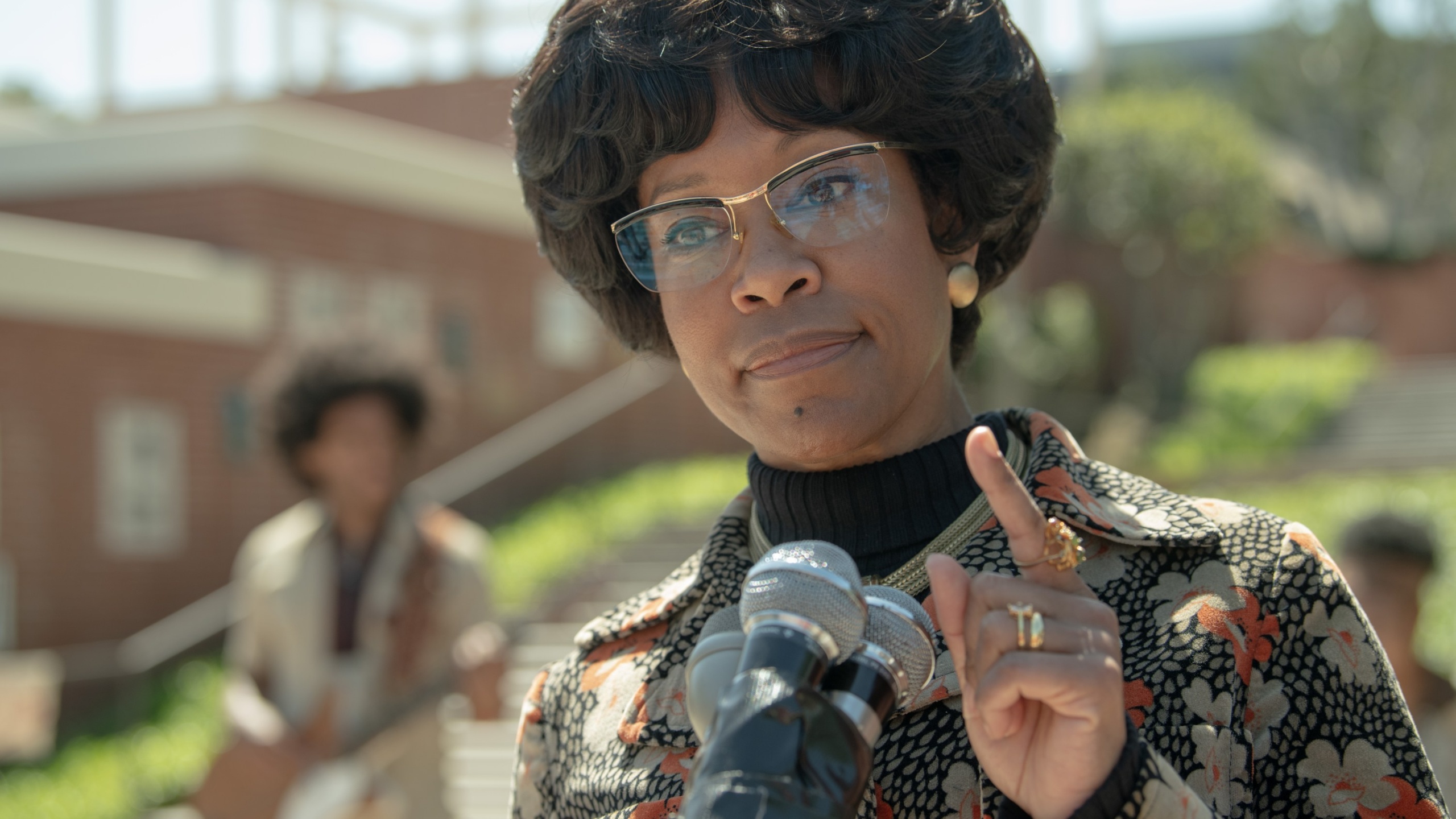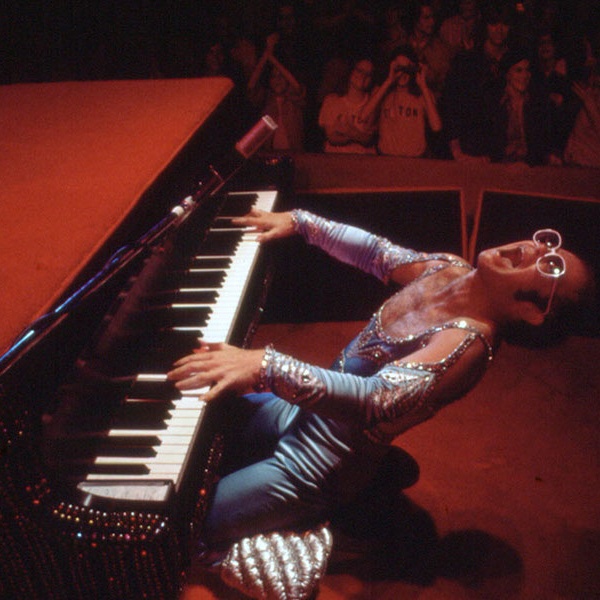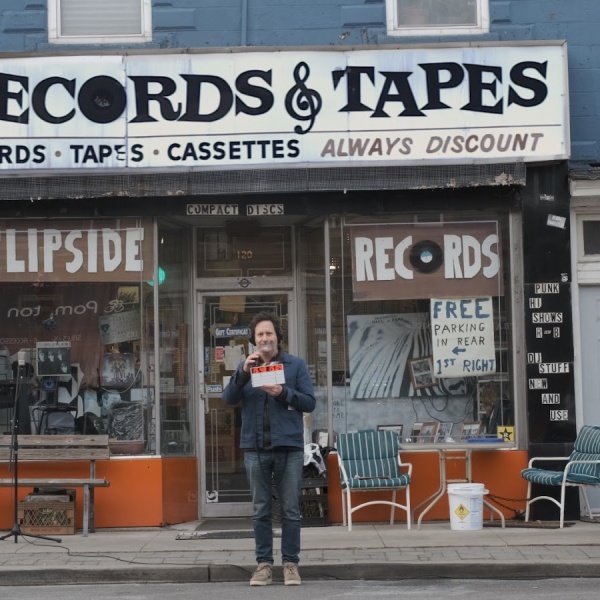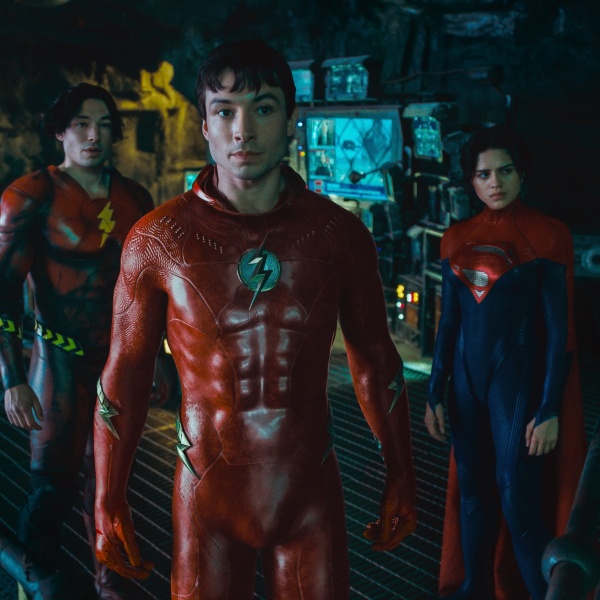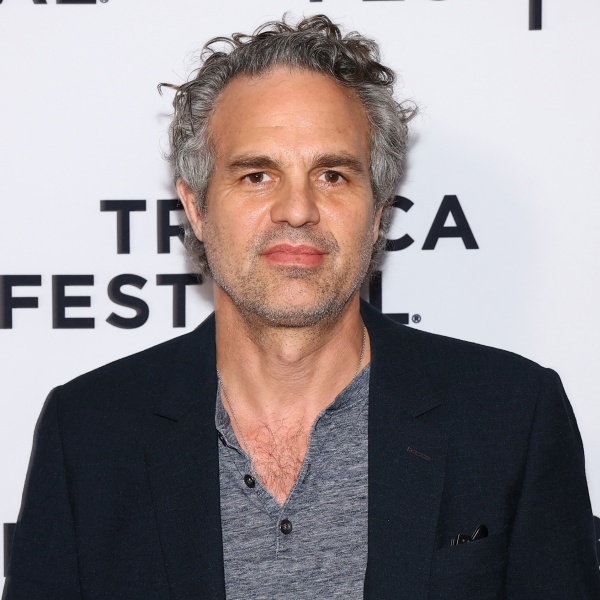It would be easy to joke that Shirley Chisholm might have disliked John Ridley‘s staid biopic about a key period of her remarkable life — her history-making presidential run in 1972 — but upon the conclusion of Ridley’s film, it’s difficult to have much of a sense of what Chisholm would have actually thought of it, if only because we never get to know her very well during the course of the nearly two-hour film. “What was Shirley Chisholm like?” this writer googled after watching the film, the first hit taking me to Chisholm’s page on the National Women’s History Museum website, where a phrase in the fourth paragraph caught my eye: “Fighting Shirley.” Wait, they called her “Fighting Shirley”?
Most audiences won’t get that from Ridley’s film, which mostly flattens Chisholm (played by Regina King, who also produced; we’d love to see what version she might have directed after her vibrant “One Night in Miami”) into a sometimes-sparky politician so focused on the future that she never feels quite part of her present. Or, as it turns out, ours, which is unfortunate in a myriad of ways, mostly hinging on the fact that the real Chisholm was such a revolutionary change-maker five decades ago that, should she suddenly be reincarnated back into our current political sphere, she would still feel radical.
The sense that we’re watching old, distant history unfold is immediately obvious, care of some iffy cinematography choices by DP Ramsey Nickell, who renders the whole thing through the kind of smeary, washed-out lighting normally associated with Hallmark dramas. It looks dated, and it feels that way, too. We first meet King’s Shirley immediately after she’s become the first Black congresswoman (year: 1968), as she zips into an official photo opp for freshman congresspeople, smiling amongst a sea of old white male faces (some friendly, some not). Soon, we’re back in her Brooklyn home district, where Shirley is the center of the action, the kind of person who many people trust, elected official or not.
It’s an early, rare peek at Shirley not just outside the political arena but outside the narrow focus Ridley opts to take for the majority of the film’s running time. Ridley, who also wrote the film’s script, focuses primarily on just one piece of Chisholm’s remarkable life and career: her history-making 1972 presidential campaign. Given Chisholm’s many accomplishments, it is understandable that Ridley would attempt a limited scope, but the choice is unfortunately just that, limiting.

We never get the chance to see what inspired Chisholm’s political fire or her personal problems — mostly, that’s left to exposition-heavy dialogue from other characters — and even the machinations and calculations behind her presidential run are left far to the side. Occasionally, King offers jolts of energy: We see her Shirley pushing back on her first-year committee assignments or at a rude male congressman obsessed with the fact that they make the same amount of money, and when she starts recruiting ambitious young people (like Lucas Hedges as rising youth coordinator Robert Gottlieb and Christina Jackson as eventual congresswoman Barbara Lee), things really start cooking. Finally, we get the most basic bits of any biopic: what this person is about, what she cares about, what she’s striving for. And all of that is thanks to King’s grace and gravitas, which is in short supply in the rest of the film.
That’s not to say that she’s not surrounded by stellar supporting stars, including Lance Reddick in one of his final roles (as Shirley’s one-time mentor Wesley McDonald “Mac” Holder) and Michael Cherrie as her husband Conrad, who delivers one of the most heartbreaking scenes in the entire film. And yet, that’s not enough to lift “Shirley” from feeling staid and airless, from sticking so much to the biopic status quo that — and this seems provable enough, even given our scant insight into Chisholm in the film — Shirley herself would have balked at it. She was all about “not accepting things as they are,” but “Shirley” doesn’t even seem interested in tackling that very concept when it comes to its own execution.

We know there is a vibrant story to tell here — dare we even say it? a timely one, too — about Shirley Chisholm and the things she was driven by, her desire to bring politics back to the people, to represent and respect the voters who made her work possible. In 2020, Uzo Aduba portrayed the political trailblazer in the Hulu series “Mrs. America,” including an episode dedicated to her story that this very website deemed the best of the bunch. Her episode is “packed with wondrous scene after wondrous scene. It’s a master class in the discussion of race with regards to feminism, personal identity, and the political landscape.”
Little of that is evident in Ridley’s film, even as bits attempt to reveal themselves. Here’s Shirley facing down a racist, hysterical potential assassin. Here’s Shirley going to check on political rival George Wallace after his own assassination attempt. Here’s Shirley meeting with the Black Panthers. Here’s Shirley expounding on the need to vote. But still, by the end of the film, audiences will likely be left wondering who she really was, and why “Shirley” never really takes the chance to show us that.
Grade: C-
“Shirley” starts streaming on Netflix on Friday, March 22.
